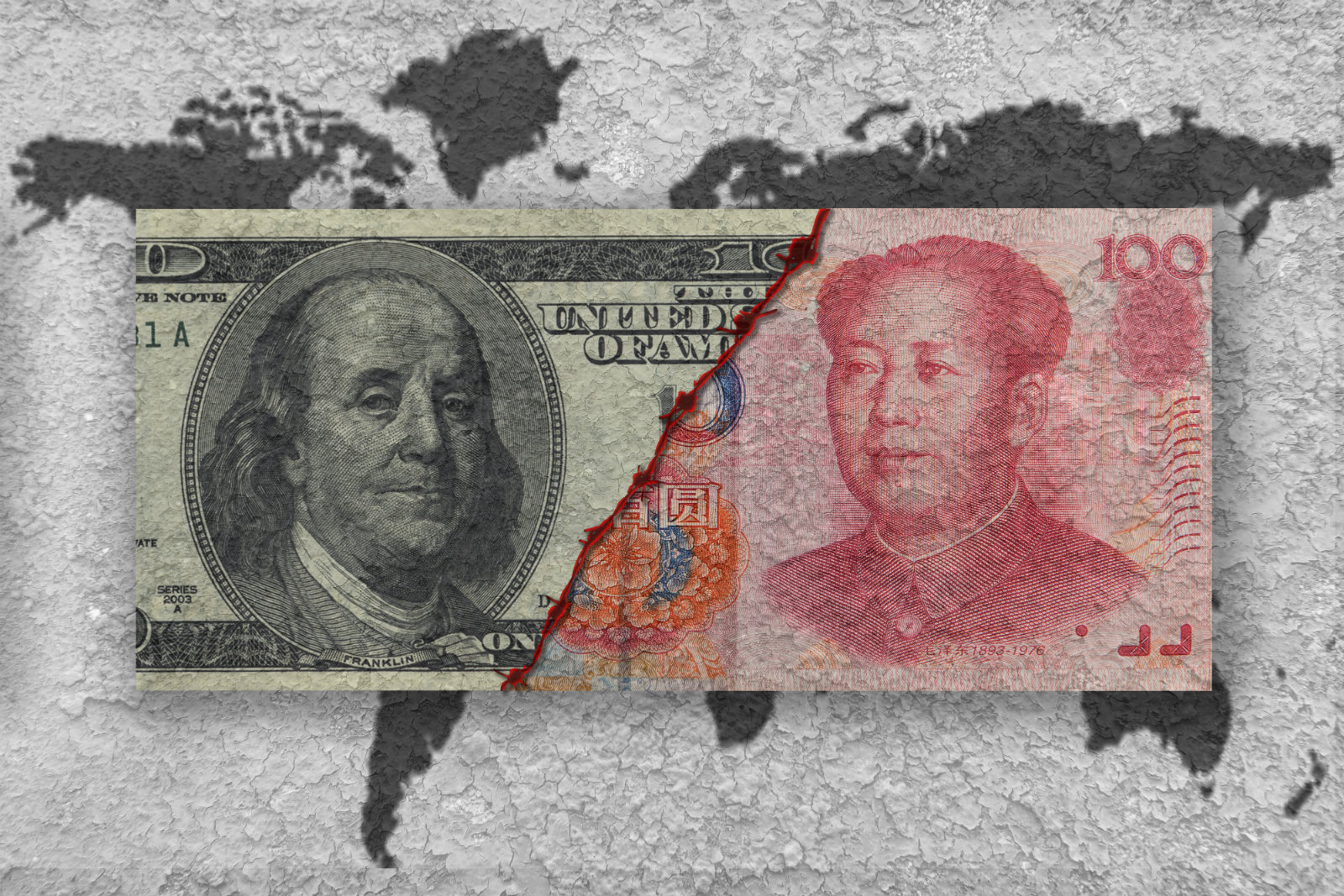Why does the West intend to offset China’s Belt and Road initiative?

Is the West planning on offsetting one of the most important global trade routes? An undersea fiber optic data cable known as EllaLink, linking Europe to Latin America, came online in May. Backed by the European Investment Bank and major public lenders, the EUR 150 mn project is seen to rival China’s Belt and Road Initiative and meddle with global trade, which is heavily reliant on the Chinese route, according to the Financial Times.
The EU is pushing for the project to enhance collaboration with partners — namely the US, Japan, and India — under the umbrella of supporting high quality projects and channeling investments into developing countries. This comes under an even wider scheme where the EU aims to launch an ambitious global infrastructure plan by 2022 connecting the EU with the rest of the world, Reuters reported.
The plan was even given a nod last month by the Group of Seven during the G-7’s first face-to-face meeting in two years under a so-called “Build Back Better for the World” plan. The plan is designed to enhance global infrastructure — from railways in Africa to wind farms in Asia, CNBC reported. The EU strategy, dubbed as "A Globally Connected Europe", doesn’t even mention China at all, but an EU diplomat who contributed to drafting the strategy said the eight-page document had "China written all over it,” Reuters further said.
Why is China’s Belt and Road initiative important? Launched in 2013, the Belt and Road Initiative quickly became a strategic tool for more than 150 cities and international organizations from the Middle East, Africa, Asia and Europe, and is being considered a landmark foreign policy by Chinese President Xi Jinping to expand his country’s global influence.
But over the years (and global crises) funding for the plan had been decreasing. During 1H2021, the Belt and Road initiative received USD 19.3 bn of funding, which is already a 29% y-o-y decrease, according to Bloomberg.
Egypt had been considered a crucial part of the plan as a gateway for Chinese investments into Africa. The two countries had been actively engaged in talks over Egypt’s participation in the global initiative since at least 2015, with Egypt even hosting a Belt and Road conference back in 2017 that saw Chinese companies awarded projects. Talks for further Chinese infrastructure investments had gotten underway last year after China provided Egypt with deliveries of the Sinopharm vaccine.
The Belt and Road initiative has also been criticized to be in favor of Chinese companies, particularly state-owned ones, while burdening other involved parties with debt. The Group of Seven said that China’s non-market practices prompt unfair competition, according to CNBC.
With projects abroad being marred by mismanagement: China was reassessing its Belt and Road Initiative (BRI) as mismanagement, accusations of corruption, and poor quality projects implemented under the initiative wreak political havoc across Asia, Bloomberg reported back in 2018.
And for harming the environment: “While Chinese president Xi Jinping has pledged to make the BRI greener, there have still not been any concrete actions to limit outbound investment in such environmentally damaging industries,” Economist Intelligence Uitl Imogen Page-Jarrett told CNBC. A World Bank report in 2019 estimated that transport infrastructure under the program could increase global carbon emissions by 0.3% and by 7% more in some countries. However, for the first time since the project was launched, China didn’t finance any coal projects during 1H2021 amid increased scrutiny from environmentalists, Bloomberg reported. But the country didn’t commit to its renewables promises either, and slashed green energy funding by 90% in 1H2021.
Is the US too late to counter with its own infrastructure diplomacy? The US passed the USD 60 bn Build Act in 2018 with the aim to increase private sector investment in developing countries. Experts say it’s too late as the world is already heavily dependent on the Chinese infrastructure projects. Nonetheless, while the US has been vocal in taking on China, others such as the EU still didn’t explicitly express their desire to join an anti-China alliance. According to the New York Times, US President Joe Biden urged European countries last month to provide hundreds of bns to build an alternative for China’s Belt and Road initiative, and bring China’s growing economic power down.
That ship has certainly sailed, diplomats say: “So far we are trying to counter Belt and Road mostly with buzzwords and lofty policy papers,” a senior EU diplomat told the Financial Times. “But unfortunately there is no real geopolitical strategy or plan which is consistent and coherent. There’s a real need to work together on infrastructure projects and avoid countries becoming over-reliant on China.”